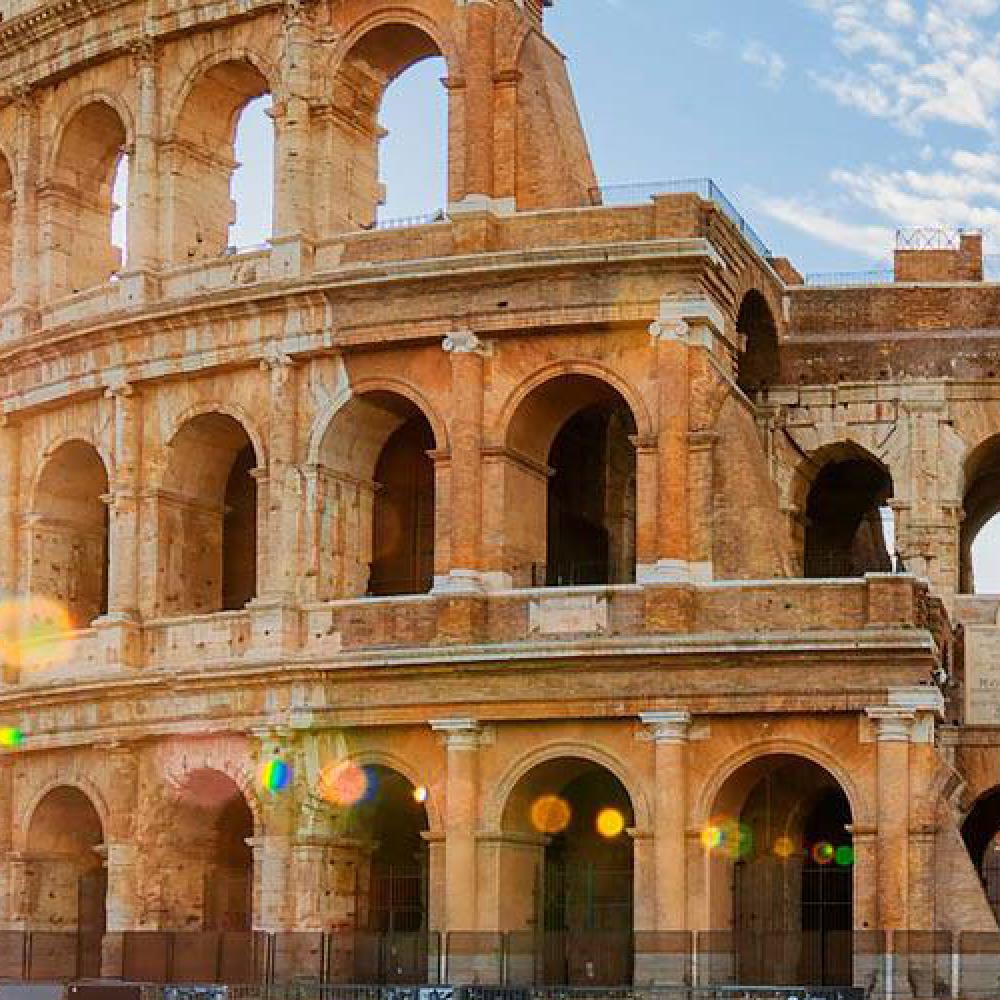Major and minor
From Michelangelo, Galileo, and Dante to Federico Fellini and Umberto Eco, Italian speakers and Italian culture have formed new cultural movements and shaped perspectives worldwide. Understanding Italy’s impact on art, music, commerce, cinema, and scientific innovation is essential to gaining a comprehensive overview of how these areas formed and shaped over time, extending beyond Italy and into the global light. As Italian majors, students will study Italy's historical importance and its contemporary society in small, personal classes. Bursting with culture and with one of the world’s strongest economies, learning Italian is a wonderful complement to anyone looking to participate in global business and innovation, or for those seeking to develop cultural fluency in one of the world’s most unique countries.
Real World Outcomes
An Italian major can lead to many diverse careers, including medicine, law, business, international relations, teaching or graduate work in almost any field.
Requirements
If you studied French or Spanish in high school your transition to Italian will be relatively easy. Students in Italian begin with a five-course sequence of language classes in preparation for upper division literature courses taught exclusively in Italian. As your studies progress, you'll find that the Italian program allows you to explore many aspects of Italian culture, including art history, music, history and classics. Many students choose a double major with Italian as a complement to many areas of the social sciences, including international relations, political science and economics.

